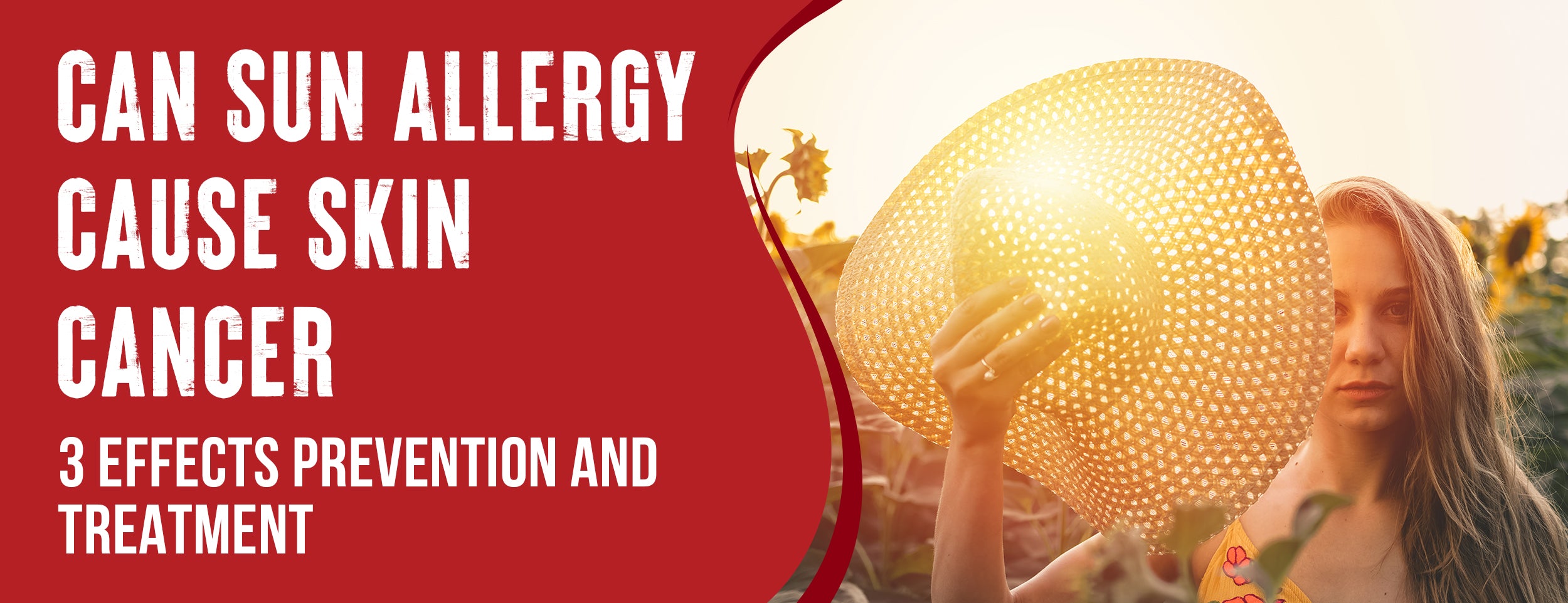Skin dry, itchy, or lacking hydration in winter may seem normal. You should be careful about what people with eczema should shop for and what to avoid, with input from professionals.
Eczema, or atopic dermatitis, is a chronic inflammatory skin condition that causes symptoms like dryness, redness, itching, rashes, scaly patches, blisters, and sores. Eczema is more common among children.
You can manage eczema with natural skin care ingredients like Aloe Vera, Colloidal Oatmeal, ceramide, and Coconut Oil. Although it's easy to believe that natural products are safer and more effective, it's essential to be cautious and research.
This blog post will explain the best skincare ingredients for eczema treatment to reduce flare-ups, soothe, and make your skin look good.
Skin Care Products For Eczema: 9 Natural Solutions

Eczema can be hard to manage, as it causes your skin to become red and inflamed. We've got your back. We're here with some of the best skin care products to help you soothe and manage eczema.
Aloe Vera in Treating Eczema
Aloe vera, a soothing plant, is a powerful ally against eczema. Its gel, rich in antioxidants, reduces inflammation and deeply moisturizes the skin. This dual action eases dry, scaly patches while accelerating healing during eczema flare-ups.
Aloe vera's antioxidants nourish the skin, provide anti-inflammatory effects, and stimulate cellular turnover for healthy, resilient cells. This protects damaged skin and keeps the moisture barrier hydrated.
Aloe vera offers antibacterial and antifungal benefits, safeguarding broken or bleeding skin from infections. To use aloe vera for eczema, extract the gel from the leaf or choose a cream with aloe vera.
Cleanse your skin with mild, fragrance-free soap and lukewarm water before application. Apply your chosen aloe vera product twice daily for optimal results.

Colloidal Oatmeal
For centuries, colloidal oatmeal has been a trusted remedy to ease dry, itchy, and irritated skin caused by eczema. Its protective properties create a barrier that helps the skin retain moisture.
In a 2012 study, applying colloidal oatmeal twice daily showed significant improvement in eczema symptoms and severity after just four weeks. A powerful compound in colloidal oatmeal inhibits the response of inflammatory cytokine proteins, relieving the redness and irritation caused by eczema.
It aids in the repair of the damaged moisture barrier. An oatmeal bath is one of the most common ways to use colloidal oatmeal for eczema treatment. Mix store-bought or homemade colloidal oatmeal powder with warm water and soak your skin for 10 minutes. This process will effectively soothe your skin, reducing inflammation, redness, and scaliness.
Ceramides
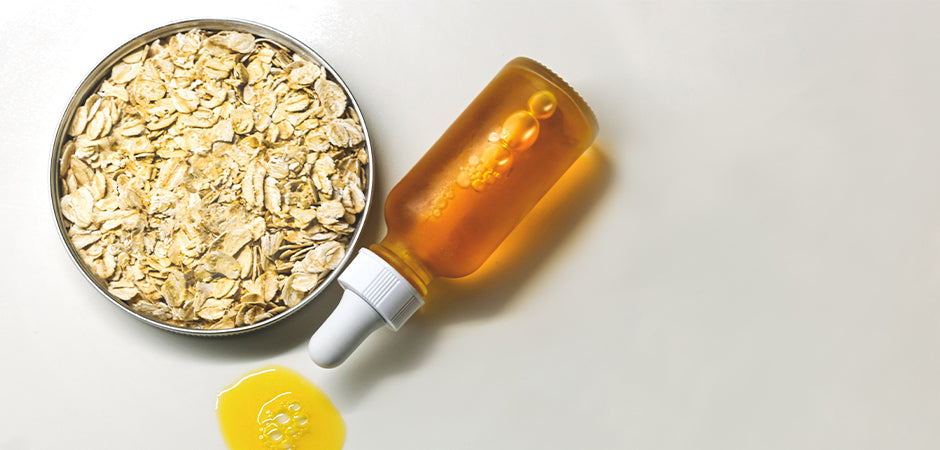
Ceramides, a crucial type of lipid, make up approximately half of the outer layer of your skin, known as the epidermis. Together with cholesterol and other fatty acids, they keep your skin hydrated and fill the spaces between cells, which helps keep your skin barrier strong. This barrier is essential for retaining moisture, preventing dryness and inflammation, and preserving overall skin health.
Our skin's natural ceramide levels decrease as we age, weakening the skin barrier. This is especially relevant for individuals with eczema, a condition that arises from a compromised skin barrier and typically involves lower ceramide levels.
Ceramides provide immediate hydration, lock in moisture, and contribute to long-term skin barrier repair. They promote cell renewal, enhance elasticity, preserve smoothness, and reduce inflammation. A strong skin barrier is crucial for managing eczema flare-ups and preventing cracking, redness, irritation, and itchiness.
Coconut Oil
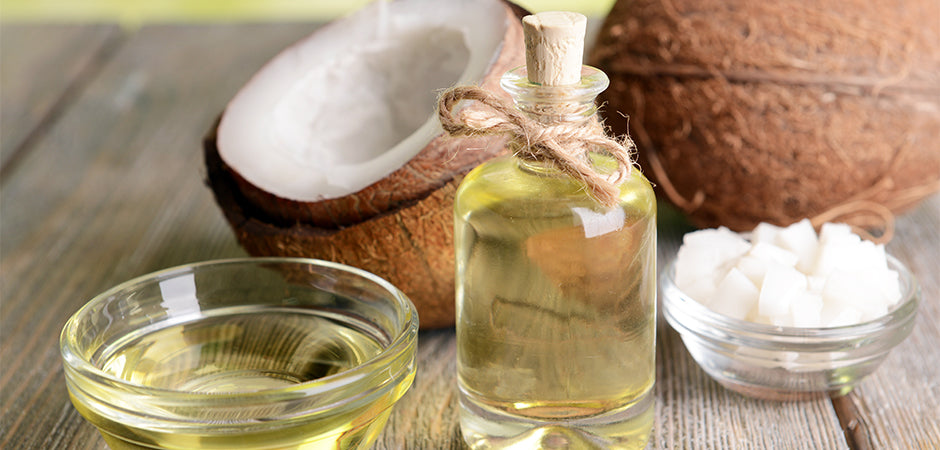
Coconut oil, rich in linoleic acid (Vitamin F), helps repair and protect the skin barrier. This essential ceramide component hydrates the skin, preventing water loss and reducing skin barrier dysfunction.
Besides its hydrating properties, it's also anti-inflammatory and anti-bacterial, stimulating cell turnover and speeding up wound healing. The product moisturizes dry, scaly patches, improves skin texture, and offers antimicrobial protection.
A natural treatment for eczema is coconut oil. Studies conducted in 2019, 2013, and 2008 provide clinical evidence that virgin coconut oil has anti-inflammatory properties that can enhance skin barrier function, treat mild-to-moderate eczema in children better than mineral oil, and reduce bacterial colonization in adult eczema patients.
Hyaluronic Acid
This sugar molecule works like a sponge, absorbing and trapping moisture into your skin. It can hold an incredible amount of water - up to 1,000 times its weight. Hyaluronic acid doesn't add moisture but locks it in, keeping your skin hydrated.
Hyaluronic acid in skincare products can prevent dryness and itchiness, improve skin elasticity, and smooth out rough textures. Some studies have even found that this ingredient can aid wound healing and strengthen the skin's barrier.
Glycerin
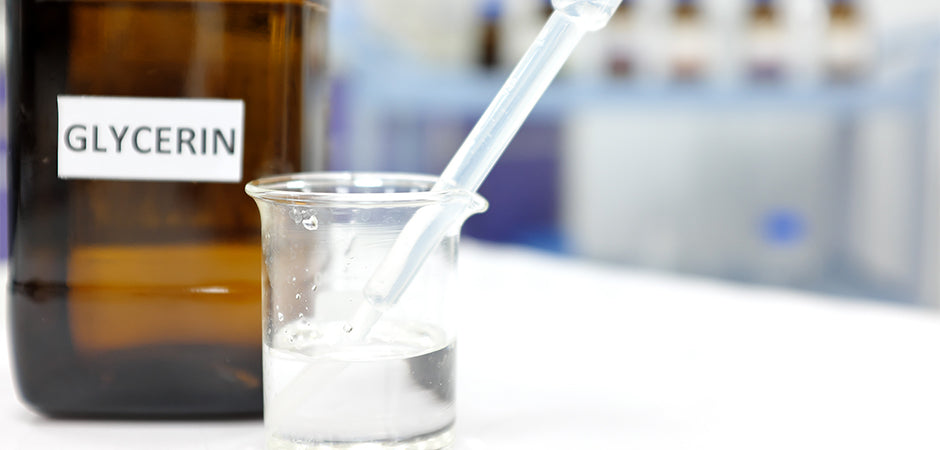
Glycerin comes from vegetable or animal oils and is a clear, non-toxic substance that moisturizes the skin. It draws water into the skin as a humectant, leaving it soft and hydrated. Glycerin also promotes faster skin cell turnover and speeds up the healing process. It's beneficial for managing eczema and atopic dermatitis symptoms.
Niacinamide
Also known as vitamin B3, niacinamide is vital for maintaining healthy skin and energy levels. It helps produce ceramide, lipid molecules that lock in moisture and strengthen the skin's barrier. This is especially important for managing eczema symptoms.
Niacinamide also contains anti-inflammatory properties, which can ease redness and blotchiness caused by eczema. Plus, it hydrates the skin and smooths out rough, scaly patches.

Petroleum Jelly
You can apply it every day to prevent it from drying. It is a thick, greasy substance. It helps seal in moisture and repair cracks and gaps in the skin when applied. Dry, flaky patches can result from these gaps and weaken the skin's barrier function. Petrol jelly can prevent flare-ups of eczema by fixing these issues.
There's a trend called slugging, where you coat your face with petroleum jelly before bed. It might sound strange, but it can help if your skin is super dry or eczema. Petroleum jelly is also great for soothing irritated skin and speeding up healing. Plus, it has properties that fight bacteria, fungi, and inflammation.
Sunflower Oil
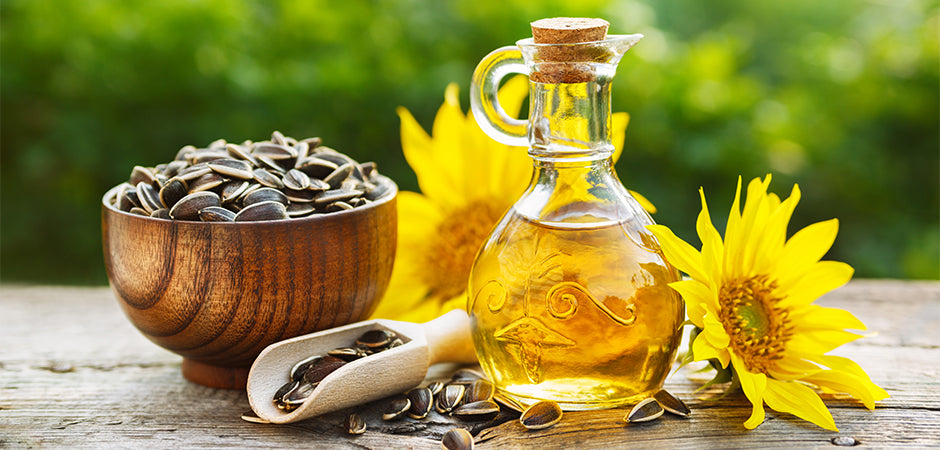
This oil comes from sunflower seeds and contains vitamins A, C, D, and E. It's very hydrating and can help calm down inflammation. One key ingredient in sunflower oil is oleic acid, which is good at sealing in moisture without clogging your pores.
Sunflower oil also has antioxidants that help your skin produce collagen and elastin, which keep your skin firm and flexible. It's rich in linoleic acid, another fatty acid that strengthens your skin barrier. On top of all that, sunflower oil can help get rid of dead skin cells and heal wounds faster.
Because of all these benefits, sunflower oil is crucial in some healing creams, like Zensa Healing Cream. It can help even out your skin tone, reduce dark spots caused by inflammation, and keep tattoo ink or permanent makeup looking fresh as you heal.
Conclusion
Managing eczema doesn't have to be a daunting task. With the right skincare products, you can hydrate your skin, soothe irritation, and strengthen your skin's natural barrier. We have many options, from the incredible healing properties of aloe vera and the moisture-locking abilities of hyaluronic acid and glycerin to the barrier-enhancing qualities of ceramides and niacinamide.
Remember the deep nourishment provided by oils like coconut and sunflower or the protective layer offered by suitable old Petroleum Jelly. Everyone's skin is unique, so finding the right product combination for your eczema may take trial and error. But with patience and consistency, a more comfortable, less itchy future is certainly within reach.



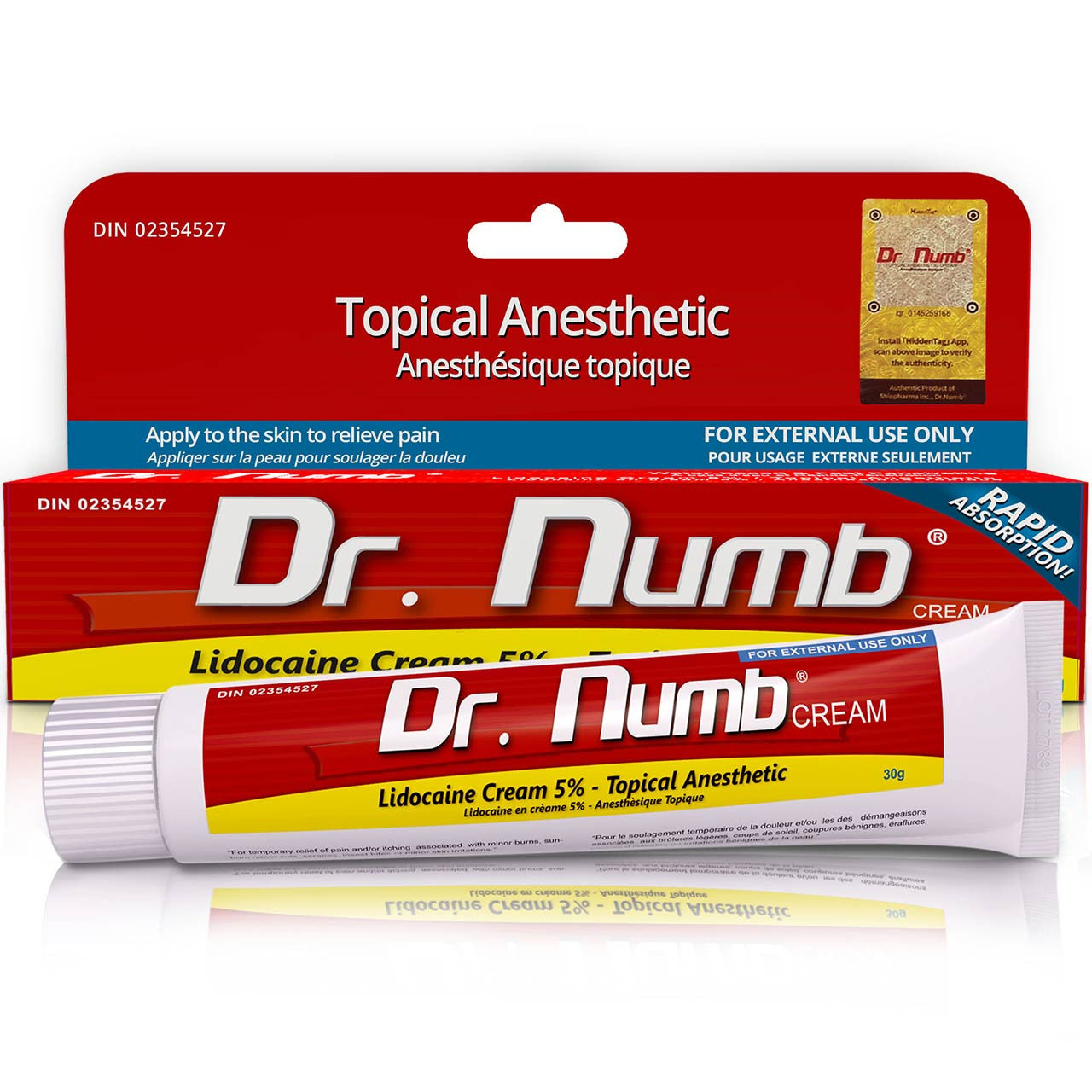
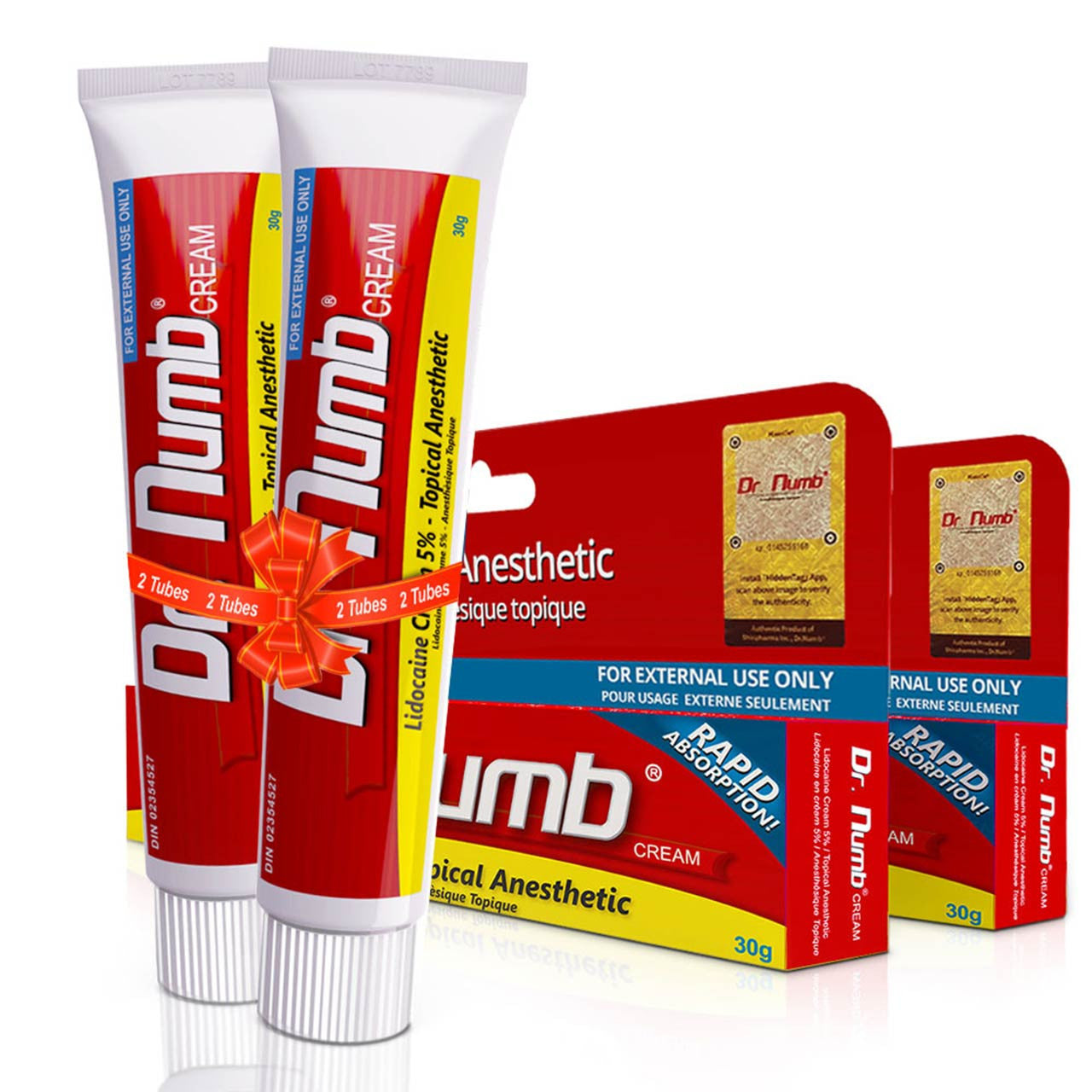
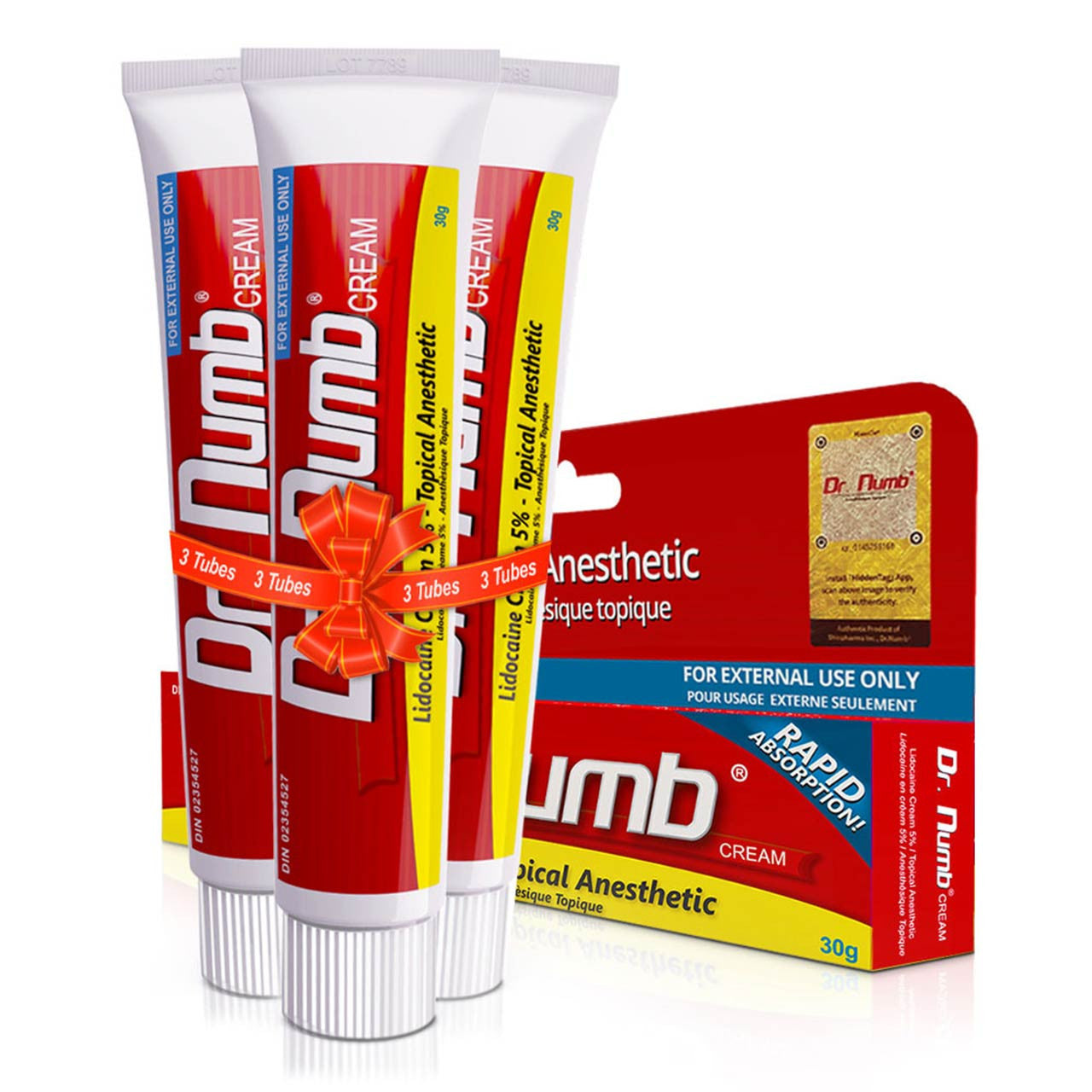
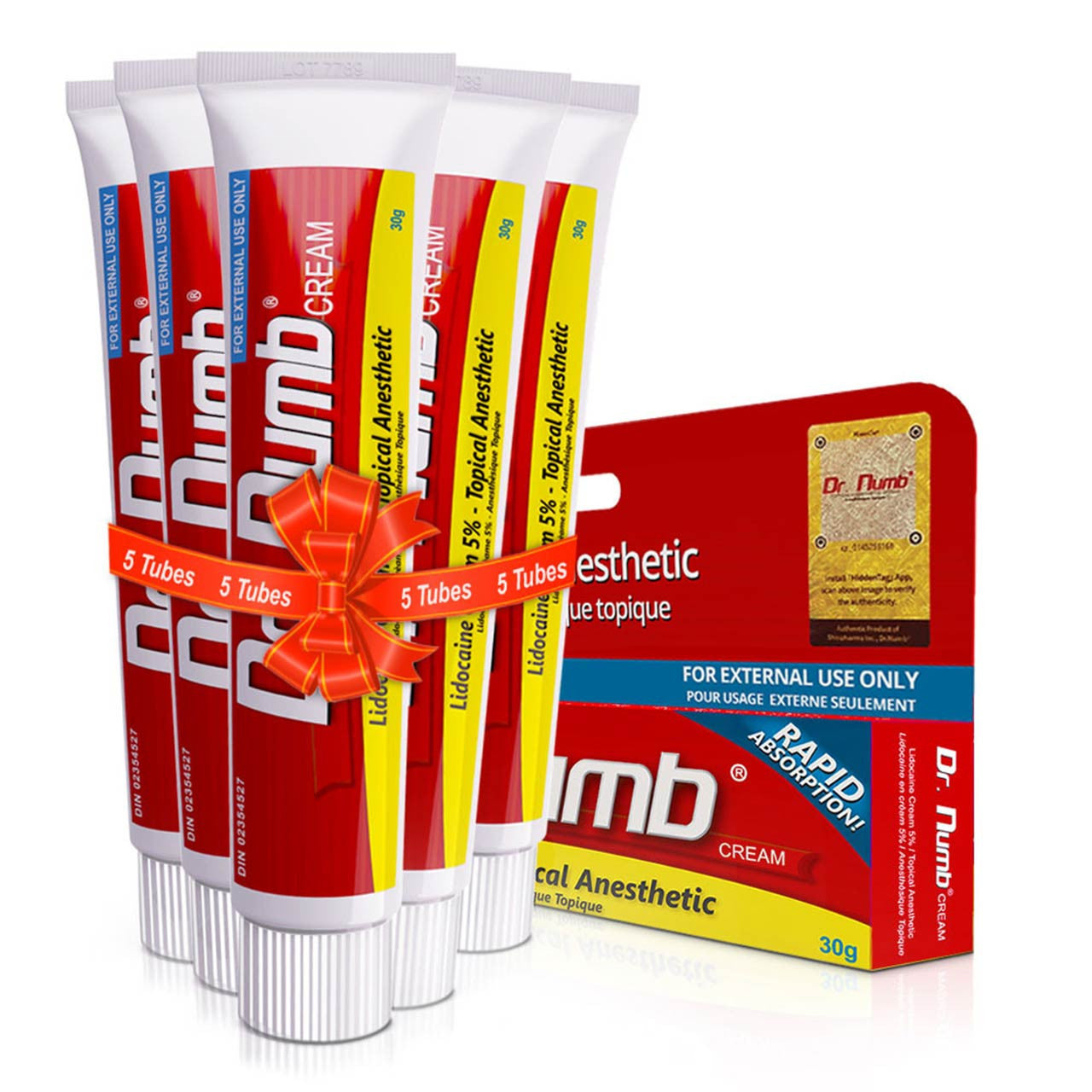
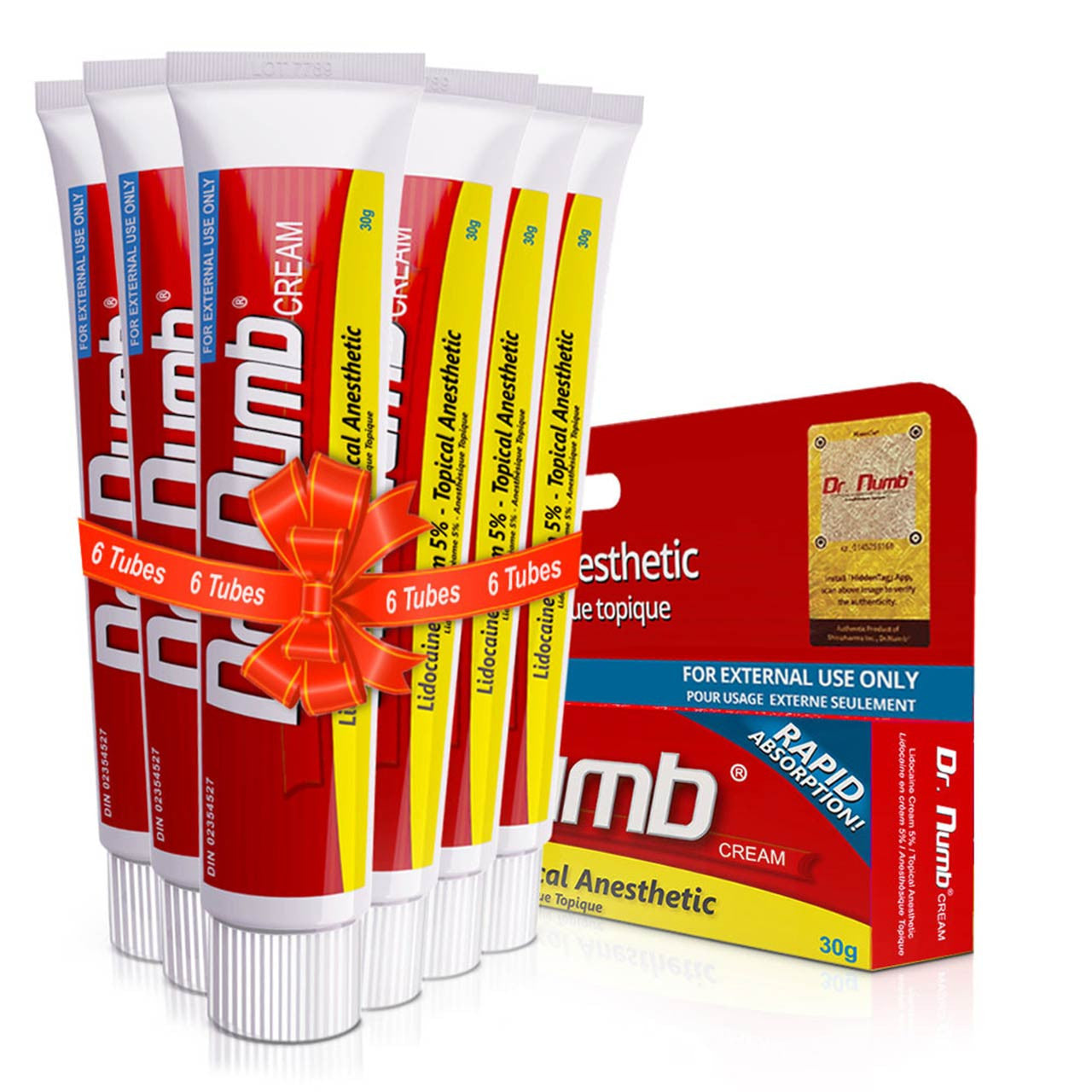
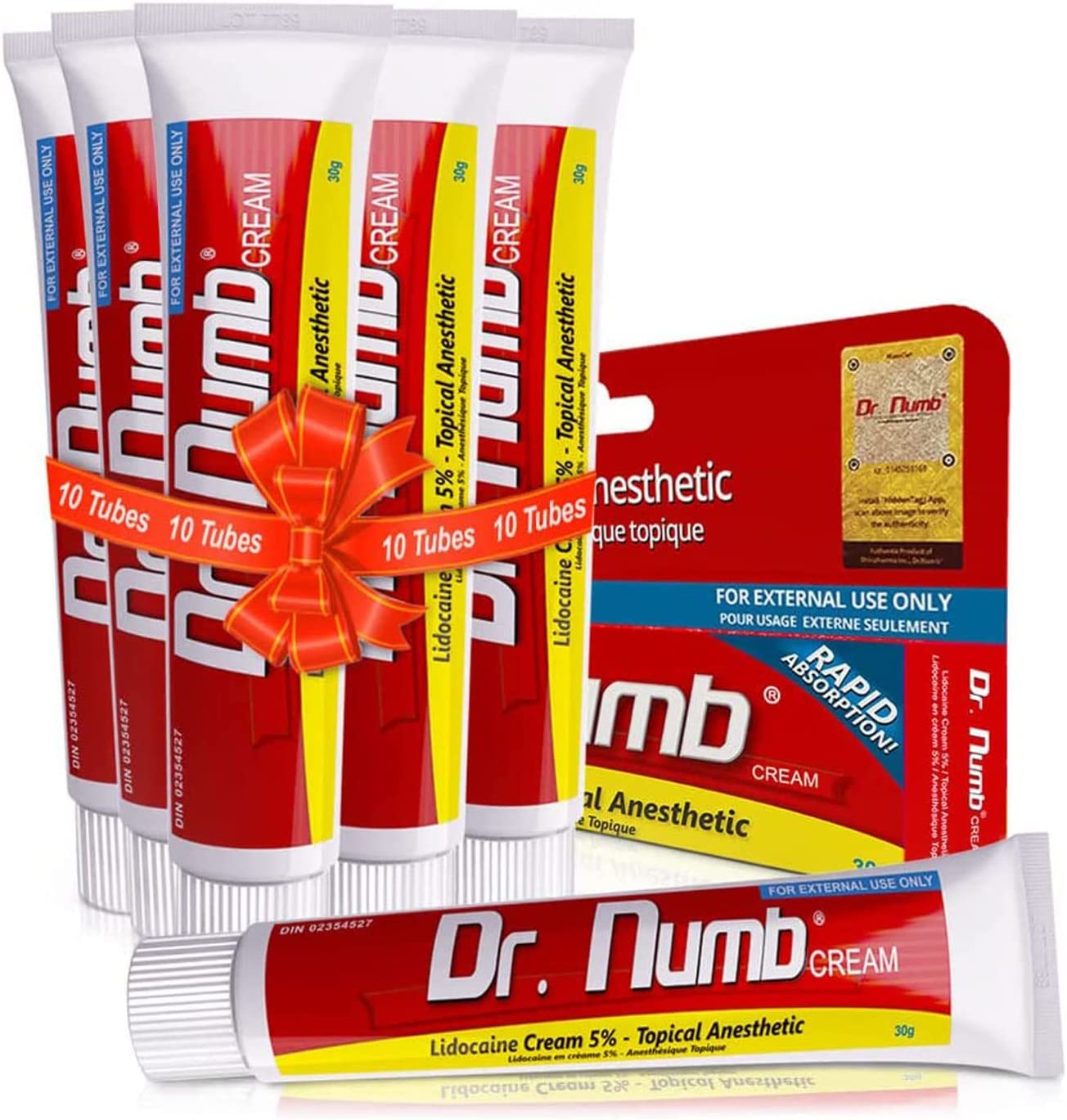
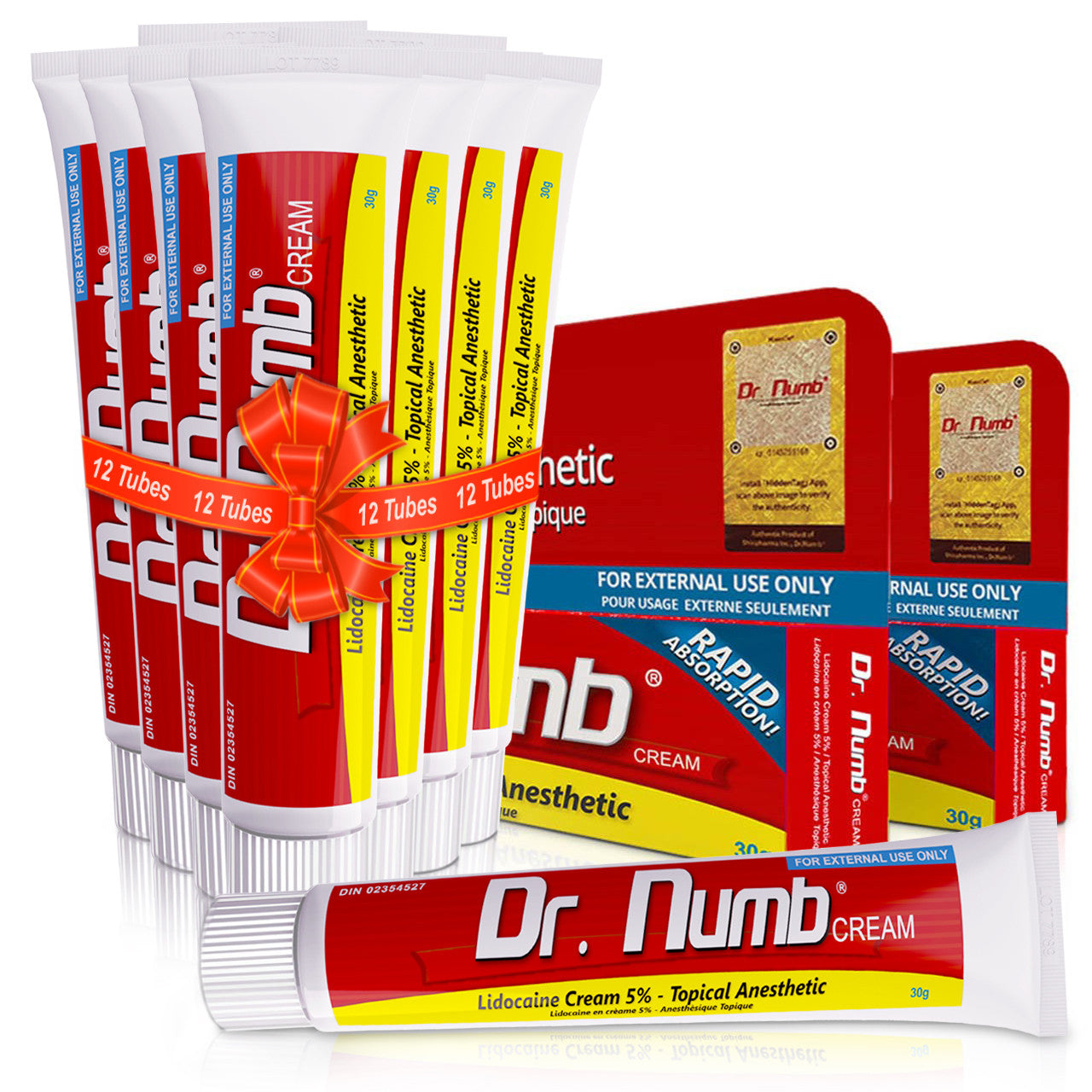



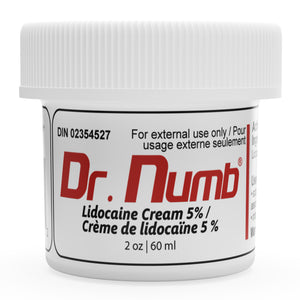
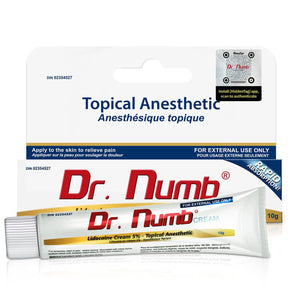
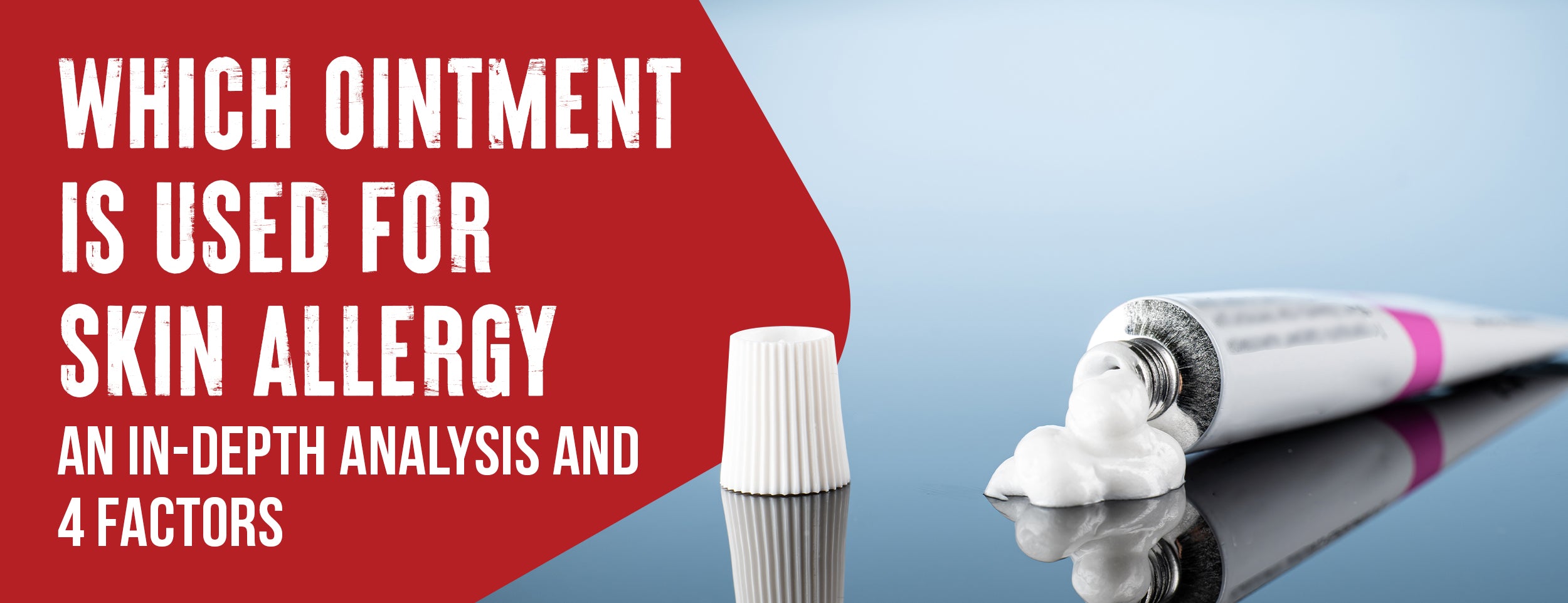
![The Most Common Food Allergies That Cause Itchy Skin [6 Common Symptoms]](http://drnumb.ca/cdn/shop/articles/Can_Food_Allergies_Cause_Itchy_Skin__17_Listed_6_Symptoms_Common.jpg?v=1714999986)
